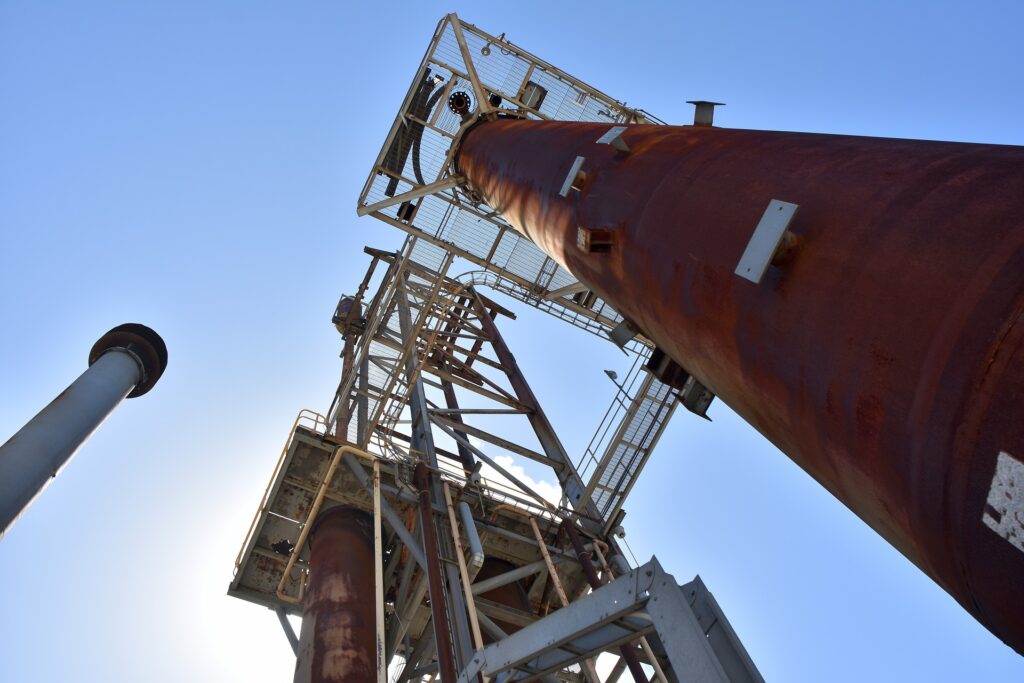Belgian companies, especially in energy-intensive fields, are beginning to brace for a worst-case scenario, which is looking increasingly more likely every day.
This summer, Russia is likely to cut deliveries of natural gas to Europe altogether. When it does, Europe will not have enough gas for industry and for the winter heating season.
International sanctions following Russia’s invasion of Ukraine, and Russian retaliatory energy warfare, have sent the price of gas skyrocketing in recent months. Russia is now demanding that European states pay for gas in rubles, which many have already refused to do, leading to a wave of nations being cut off from Russian energy imports.
Belgium too may be cut off in the near future. As such, major Belgium companies are quietly making preparations and urging the Belgian government to prepare for the worst.
Energy Minister Tinne Van der Straeten is now calling for a coordinated European approach to the winter. She wants Europe to organise joint purchases of natural gas, which she says would protect European consumers from Russian energy warfare.
Privileged position
On paper, Belgium is in a strong position to weather the winter. Belgium exports up to three times more natural gas than it consumes, being a major transit point for natural gas flowing from Norway and Great Britain.
Belgium also receives large amounts of liquified natural gas (LNG) through the large Zeebrugge terminal. 51% of gas entering Belgium ultimately went on to Germany and 27% to the Netherlands.
For now, existing contracts with Gazprom on gas deliveries from Russia are uninterrupted. Russian gas only accounts for 4-6% of Belgium’s total gas imports, compared to around 33% across the border in the Netherlands. “We can supply a lot of natural gas without becoming dependent on Russian imports,” gas grid operator Fluxys told Flemish newspaper De Standaard.
Belgium is also ahead of schedule on filling its gas reserves for the winter. As of 26 June, 54% of Belgium’s gas reserves were filled, compared to 40% in the same period last year.
Ample supply, however, does not necessarily mean low prices. While the gas infrastructure of Belgium is reasonably independent of the rest of Europe, rising gas prices will push up the prices on gas produced in Europe, as well as the cost of LNG deliveries.
Industry in trouble
Belgian industry consumes roughly 25% of all-natural gas in the country. For the sector, high energy prices mean production issues, losses, and high costs. Peter Claes, head of industrial federation Febeliec, told De Standaard that many companies are now bracing for an “economic time bomb” from the escalating price of gas.
Indeed, energy-intensive industries have few options available when it comes to high energy costs. Most companies are reluctant to shift price increases onto their customers.
In the long run, price increases are not sustainable and risk adding to spiralling inflation. The only other solution is to reduce production, a decision that many industries have already adopted. Food production, manufacturers, building material companies, and other sectors have already reduced their capacity, sometimes by as much as 50%.
Reduced production, mixed with hesitance to raise prices, is ultimately a death sentence to many sectors of the Belgian economy.
European producers raise the red flag
Belgium’s neighbours are already raising warning flags over raising gas prices. Germany has now entered the second step of its emergency energy plans, the Netherlands has activated its contingency plan, and French energy companies have pleaded with French consumers to significantly reduce consumption.
Research published by the National Bank of Belgium (NBB) has shown that Belgian industry has already moved to rapidly reduce its consumption of both electricity and natural gas.
Related News
- 'Hope for the best, prepare for the worst': Belgium tightens gas shutdown plan
- War in Ukraine continues to impact Belgian economy
- 'Accidents will happen' if EU does not form 'single energy block,' says De Croo
The cost competitiveness of businesses over gas costs has increased significantly and the total energy offtake for large Belgian industrial concerns is on average 15% lower than the 2016-2019 since the start of the war in Ukraine. For gas-intensive industries, the total share of gas prices on total costs is as much as 14%. The NBB has warned of a rapid contraction of the Belgian chemical, pesticides, fishing, and forestry industries in the near future.
Beyond Belgium, the consequence of failing to meet new energy challenges is significant. If the industrial heartland of Europe, especially the Rhine-Ruhr area of Germany, found itself in an untenable energy position, the economic consequences for Europe would be colossal.

